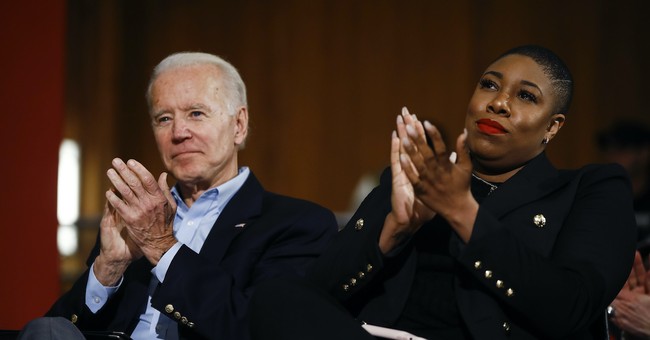
I’m sure that some people will expect me – or want me – to offer some sort of “what-about-ism” when it comes to politics and race with the latest Biden gaffe from The Breakfast Club on May 22. That conversation (i.e., racism within modern American politics) is one for another time – both past and future.
In the past, I have spoken out on racism within politics, doing so on every possible public platform to extol the values of Constitutional equality for all Americans. Privately, I have had the eyes-locked conversations with state party leaders when racism occurred, just as I have given difficult pushback on race-baiting, red-meat-emoting messaging that paraded around as policy discussions. When overarching policies (and not race-tinged politics) was the issue, I spoke out with passion and facts. When race had nothing to do with it and the issue was merely about just versus unjust, I have taken to platforms at the risk of self-harm to support and defend vulnerable Black folks.
I have often done that alone.
However, the aftermath stemming from Friday highlights more than just the ongoing debate on voting patterns of African-Americans, the role that Black conservatives play in that dynamic, and Black voters’ impact on 2020. Biden’s brief-yet-powerful comment highlight why Black America is the most overlooked, undervalued, and underappreciated voting bloc collectively in the nation. In no small coincidence, it’s also why Black America struggles behind other Americans in all measurables from education to economic stability to healthcare disparities and other quality-of-life factors.
Overlooked in the “…you ain’t black…” Biden blunder is not only the notion that Black voters are expected to always vote with Democrats at least 95% of the time, but the fact that Black voters are also expected to act with unquestioned support within the party – even if it contravenes their communities’ best interests.
My fellow RedStater Christopher Arps said it on Facebook:
“…if it ever came down to a choice of supporting the white Democrat or your black conservative brothers and sisters, y’all would stand with the white Democrat in a heartbeat…”
We have found this to be true time and again, even in instances where the White Democrat has done little to nothing for Black communities, particularly those in most need of improvements and transformational results. This may play out again in 2020, this time in a swing state where Black Michiganders will choose between a young, talented African-American vet and a status quo incumbent.
However, it’s deeper than that. Even in instances where the challenge is intra-party, the expectation is that Black voters will walk arm-in-arm with the party establishments’ expectations.
Never mind the 2008 phenomenon, where Black Democrats had to be convinced over time that it was ok (and eventually politically prudent) to vote for a young, talented African-American over the demands of their party’s establishment – a demand that was tersely repeated (and met with flaming failure) in 2016. Look, for example, towards the 2018 and 2020 election cycles, where failures to support the party’s propped-up primary candidate come at the risk of political alienation or annihilation. For all of the clamoring for Stacy Abrams to be Biden’s pick for the vice-presidential nomination, Black Democrats generally forgot (although their collective memory and subsequent pushback is growing) that White Democrats maligned Abrams in the “Battle of the Staceys” despite Abrams’ fundraising and vote-pushing prowess in that spring 2018 race. In Pittsburgh, Democrats endorsed every candidate up for re-election in 2020 – except for Summer Lee, the first-term legislator that quickly became the Treasurer of the Pennsylvania Legislative Black Caucus as a community-organizing, establishment-challenging office-holder. After becoming the first-ever Black woman to represent the Pittsburgh region in PA’s General Assembly, Democrats rewarded her tenacity with running an establishment-endorsed White male candidate in the 2020 primary. That same party, after telling African-American voters for years how progressive they are (not), has told Black voters over the past 3 election cycles to ignore more progressive Black and minority candidates during the Democrats’ primary elections for Congress as and the presidency. Black voters can be Democrats, but apparently, they aren’t supposed to lead Democrats.
Put voting for candidates aside, and still it plays true for public policies as well. African-Americans consistently support expanded school choice and charter school options, often at a clip over 75% including over 85% of Black Democrats. Yet, legislators and candidates alike flounder on the issue, despite the disproportional desire and positive impact school choice has on Black and minority communities. Black voters were told by President Obama and other Black congress members that support of the Dodd-Frank Act and other regulatory provisions after 2008 would protect their communities’ interests. Yet, after the Great Recession, Black banks and credit unions collectively lost over $2B. Without the resources to meet the hyper-regulated demands of new post-Recession policies, roughly 50% of the nation’s Black-owned banks have closed. Of course, Black voters were also told to “trust us” in 1994 while “the first Black President of the United States”, along with Black congress members including the first Black United States senator from Illinois, voted for the tragic comprehensive crime bill – one that sought to initially try 12-year-olds as adults and fine (often indigent) parents for their children’s criminalities. And, of course, the infamous champion of the community-destroying “three strikes” bill? The former senator and anti-school integration champion from Delaware: Mr. Joe Biden.
Perhaps having more Black staffers working for Democrats would help these woes – except that hiring a proportional amount of Black Capitol Hill staffers commensurate to Black Democrats’ voting power has been rather problematic as well.
So, folks: this is a lot more than just “…you ain’t black…” It’s one fundamental glimpse into how Black voters are expected to vote, advocate, campaign, aspire, and vocalize within politics in America – even if it contravenes their best interests, their electoral or policy desires, and their future endeavors. It’s a problem that regrettably holds back African-Americans, but our nation in totality as well. As long as such a powerfully-influential segment of America cannot find the traction within the political realm to push for their self-interests in all aspects of the process, our nation remains unequal, unjust, imbalanced, and under-utilized – a reality we cannot accept in the midst of the 2020 battles we face moving ahead.
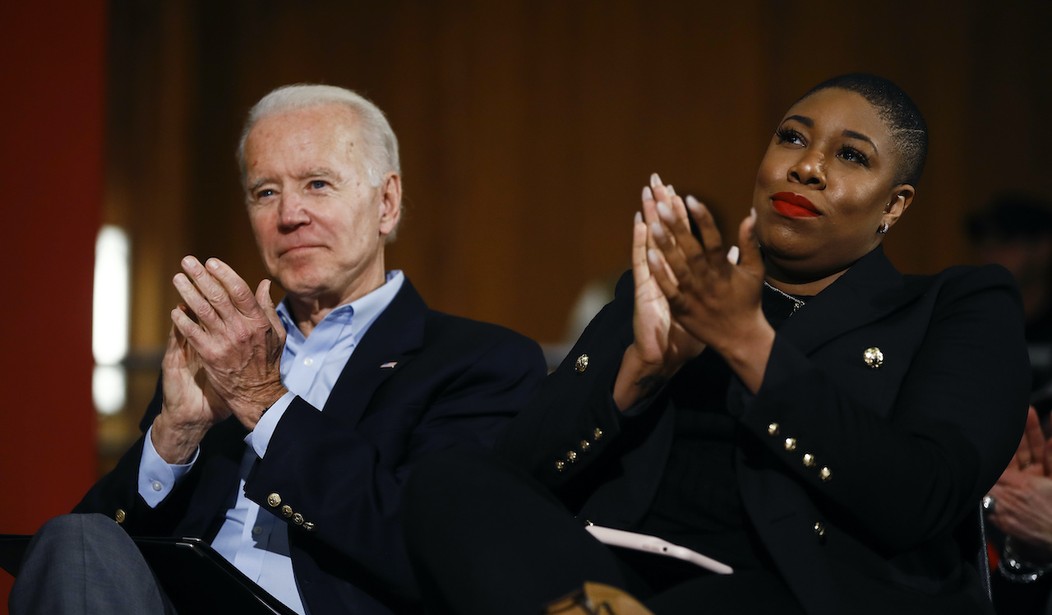
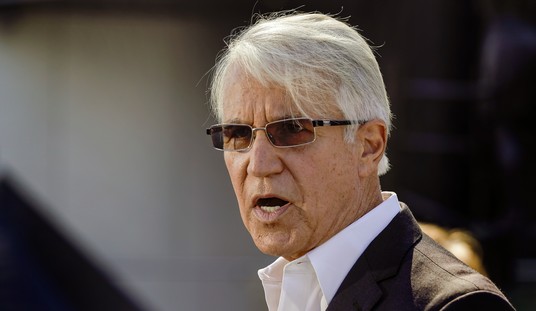
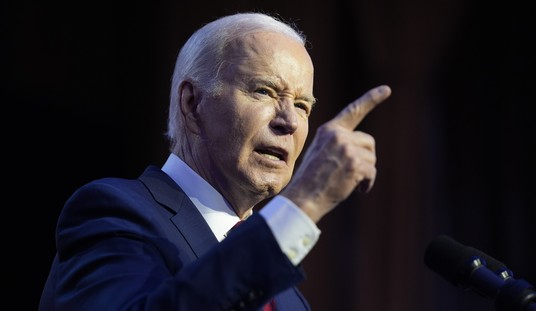




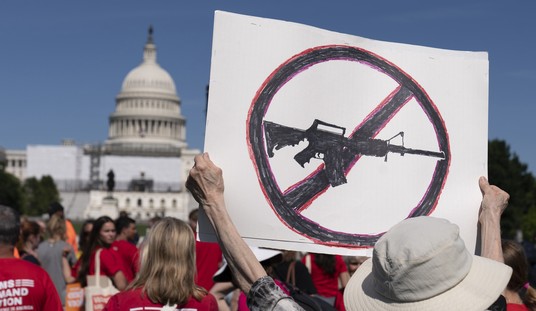
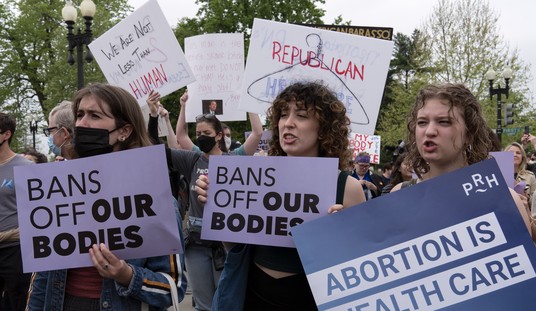
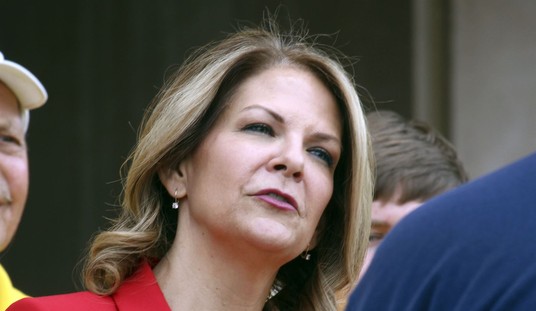
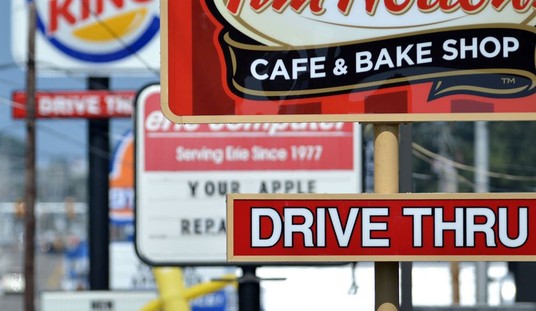


Join the conversation as a VIP Member